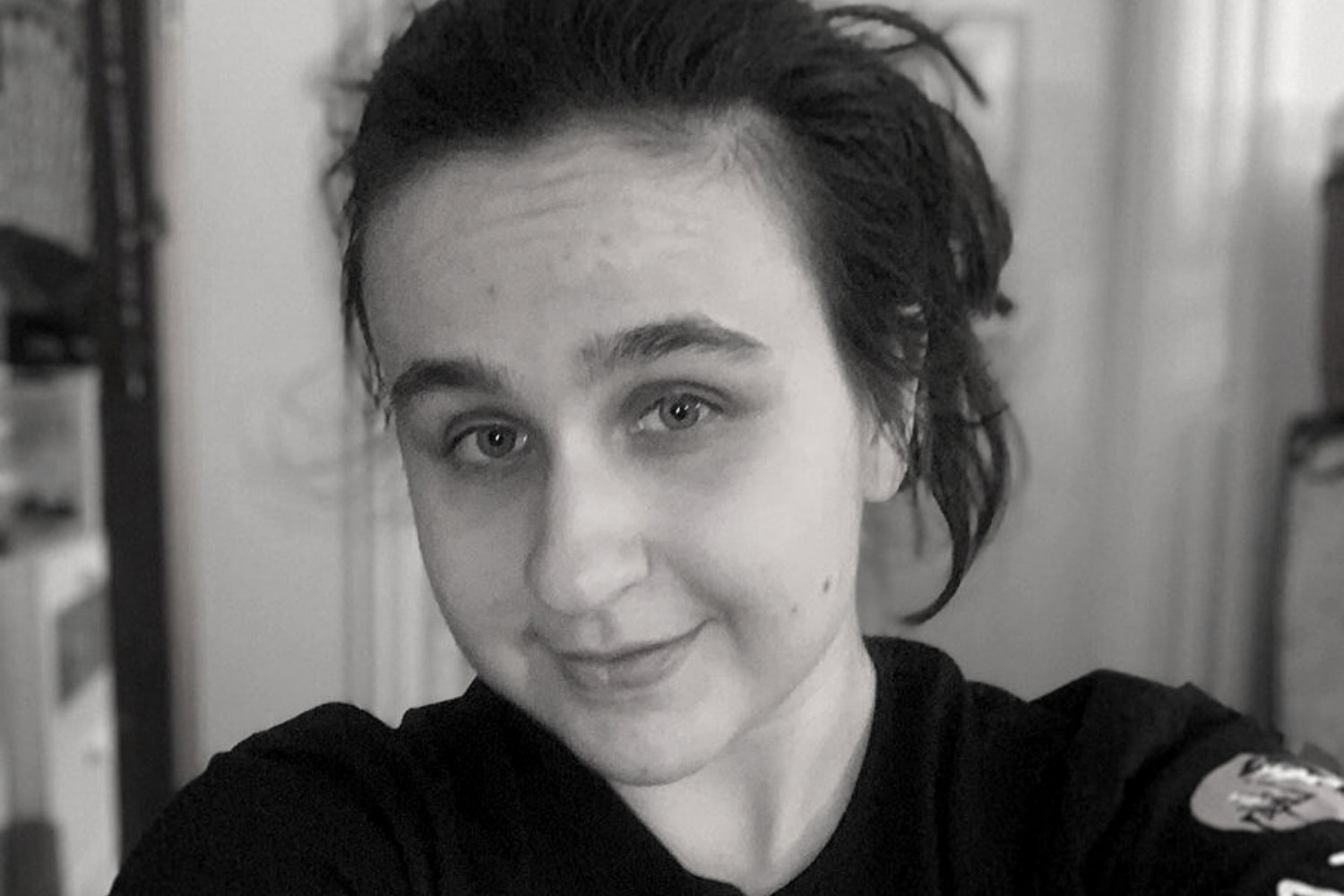
22 Apr Doing Away With The Hacker And Geek Stereotype In Cybersecurity
Zoe Braiterman is passionate about pedagogy, meta-cognition, and applied mathematics
 –Di Freeze, Managing Editor
–Di Freeze, Managing Editor
Northport, N.Y. – Apr. 22, 2020
Zoe Braiterman loves working in cybersecurity because it allows her to diversify work with various types of technology, organizations and people, depending on the project, “which keeps things interesting.”
“I get the opportunity to incorporate business-related operations and strategy into my technical and data-driven work,” she says. “I also get to combine integrated analytical/research methodologies with creativity. As an independent consultant, I get to collaborate with and learn from smart colleagues from industry and academia, with diverse backgrounds, and with various areas of expertise.”
That diversity of work includes recently becoming lead software architect for Safe PC Cloud. Her role involves the data design for custom applications around cybersecurity.
“This role enables me to combine my passions for data science, software architecture and cybersecurity, while creating useful tools for companies,” she said. “I have the pleasure of working with Safe PC Cloud’s CEO, Madinah Ali, whom I’d met at the Women Economic Forum in The Hague (Netherlands) in March 2018.
As a consultant for GYMedical Device Consulting, she collaborates on data and cybersecurity-related matters with Dr. George Yanulis, a biomedical engineer, medical device expert witness, professor and mentor.
“He shares my dedication to patient safety and privacy and healthcare innovation,” she says.
Healthcare is of particular interest to her from a management perspective.
“IT/cybersecurity within a hospital/medical facility reflects those fascinating, and critical, metrics and operational components,” she says. “I enjoy conversations with scientific researchers and data scientists about Picture Archiving and Communication System (PACS) architecture (including security), used for medical imaging, from which they base some of their detection research machine learning models. Consulting on machine learning models and use of telemedicine are now especially relevant in enabling remote detection of potential COVID-19 symptoms and patient treatment and monitoring by physicians.”
She is also a research associate for PurePoint International, where she conducts research that contributes to the holistic cybersecurity approach developed by Jessica Robinson, PurePoint International CEO.
Braiterman’s first role in cybersecurity was developing curriculum for professional cybersecurity training, as an independent contractor.
“Project-based learning and practical professional pedagogy had already been a passion of mine,” she said. “The development of my passion for ‘meta-cognition’ (learning how to learn) very much coincided with my passion for applied mathematics, beginning in my ‘tween’ years.”
She says her professional persona would include “pointing at data models and quoting statisticians like George Box and social scientists like Daniel Kahneman and Ronald Coase, in addition to technical components.”
Braiterman has enjoyed building lasting professional relationships and partnerships throughout her career. She’s involved in several cybersecurity organizations including Infosec Girls, a global community led by Vandana Verma, where women share their passion and knowledge for various areas of information security. Braiterman is co-leader of the New York chapter with Aastha Sahni.
“I help to expand global efforts to the United States,” she says.
She is also involved with the Open Web Application Security Project (OWASP) Foundation, a nonprofit organization that includes an open-source security project ecosystem development, as well as local and global communities built around security education mentorship and networking. Braiterman is chair of its Women in AppSec (WIA) Committee as well as New York chapter lead.
“One of my roles as an OWASP volunteer is to welcome new community members from diverse backgrounds, as Women in AppSec committee chair, along with other global leaders like Vice Chair Loredana Mancini, and as an Outreach Committee member, initiated by Jon McCoy and Spyros Gasteratos. As New York chapter leader, I help to facilitate local community building, networking and mentorship.”
Braiterman explained how she and the various groups she’s involved in are handling COVID-19 complications.
“OWASP meetups are taking place remotely,” she said. “Many of my colleagues and I are trying to volunteer our expertise to other cybersecurity and tech initiatives to help out in the midst of the chaos. Luckily, much of my daily work is already remote.”
Braiterman is a huge advocate of mentorships. She has several mentors and several mentees for various subjects.
“I feel that it’s very important to have multiple mentors and mentees at any given point in time,” she said. “The most valuable mentorship I’ve gotten has to do with navigating my career and where to seek resources and methodologies to apply them for a given project.”
She lists Jessica Robinson as an inspiring role model and mentor.
“Jessica is living proof that we can build our best cybersecurity/STEM careers by combining technical/logical/strategic abilities with dedication to improving lives and building community and client/stakeholder relationships,” she said. “When I first heard her speak in New York in December 2016, I’d never imagined later collaborating with her on OWASP WIA, joining her at the Women Economic Forum, and getting to work with her at PurePoint. I hope this story inspires other women, and any early careerists.”
For women wanting to get involved with cybersecurity, Braiterman says they should keep in mind their goals for developing skills over expectations of one specific job. She also recommends joining open security communities like OWASP (including the Women in AppSec Committee), InfoSec Girls, WiCyS, WoSEC and WomenHackerz.
“I feel that the computer ‘hacker’ or ‘geek’ stereotype associated with technologists and security professionals misses this,” she said. “We must prevent such fallacy from deterring women, or other diverse contributors, from joining our community and industry. It’s important that each of us find our own ways in building sustainable careers for ourselves.”
Read about other women featured in this series here and in “Women Know Cyber: 100 Fascinating Females Fighting Cybercrime.”


